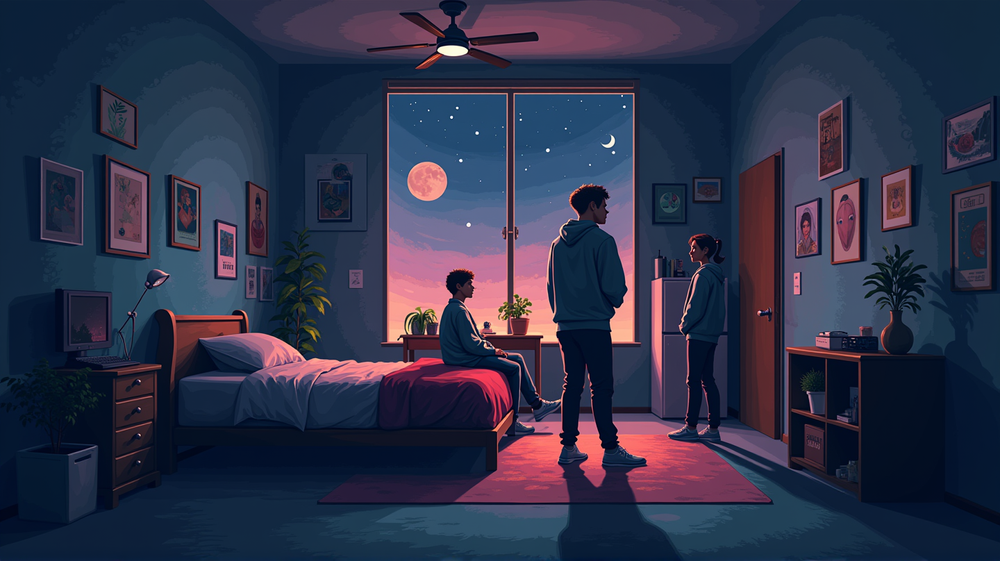The Secret Symphony of Sleep: College Students’ Bedtime Procrastination
The Unexpected Alarm of Social Needs
In recent findings that have alarmed sleep scientists, college students are delaying bedtime for a communal craving: the need to belong. This intriguing trend not only draws attention to social dynamics but also echoes through the critical hours lost to sleep, resonating with long-term health implications.
The Study’s Overture
Researchers at Duke-NUS Medical School in Singapore conducted a groundbreaking study, now published in the esteemed journal SLEEP. This research peels back layers on how the essence of social connection can captivize students well into the night, orchestrating a significant reduction in their rest.
Conducting the Research
The study closely monitored 104 students in residential settings over two weeks using an actigraph and proximity beacon watches. This not-so-uncommon nightly encore led to an hour less of sleep on average during school nights, as social endeavors conducted under the cover of darkness pushed back bedtime.
Keynotes from the Research Team
The principal investigator, Joshua Gooley, highlights a remarkable discovery: this is the first exploration identifying the “need to belong” as a central baton guiding bedtime procrastination. Much like a maestro leading an orchestra, students find themselves rhythmically drawn into the cadence of social rhythms, fostering delayed bedtimes.
A Call to Reevaluate Sleep Rhythms
Aligning with the American Academy of Sleep Medicine’s guidelines of at least seven hours of nightly sleep, this research casts a new spotlight on the many invisible forces wielding influence over students’ sleep schedules. Traditional culprits such as screen time or academic demands face competition from the nightly social symphony.
The Implications Perform On
The revelation that social interactions bear such weight surprises even the experienced researchers. As the findings unfold at the SLEEP 2025 meeting in Seattle on June 11, they not only challenge existing perspectives but also call for a novel understanding of how young adults navigate the sometimes discordant dance between community and rest.
As stated in TUN - The University Network, this study offers a new lens through which we might view the nocturnal harmonies deeply embedded within college life, encouraging both science and society to reconsider what truly keeps students awake at night.




